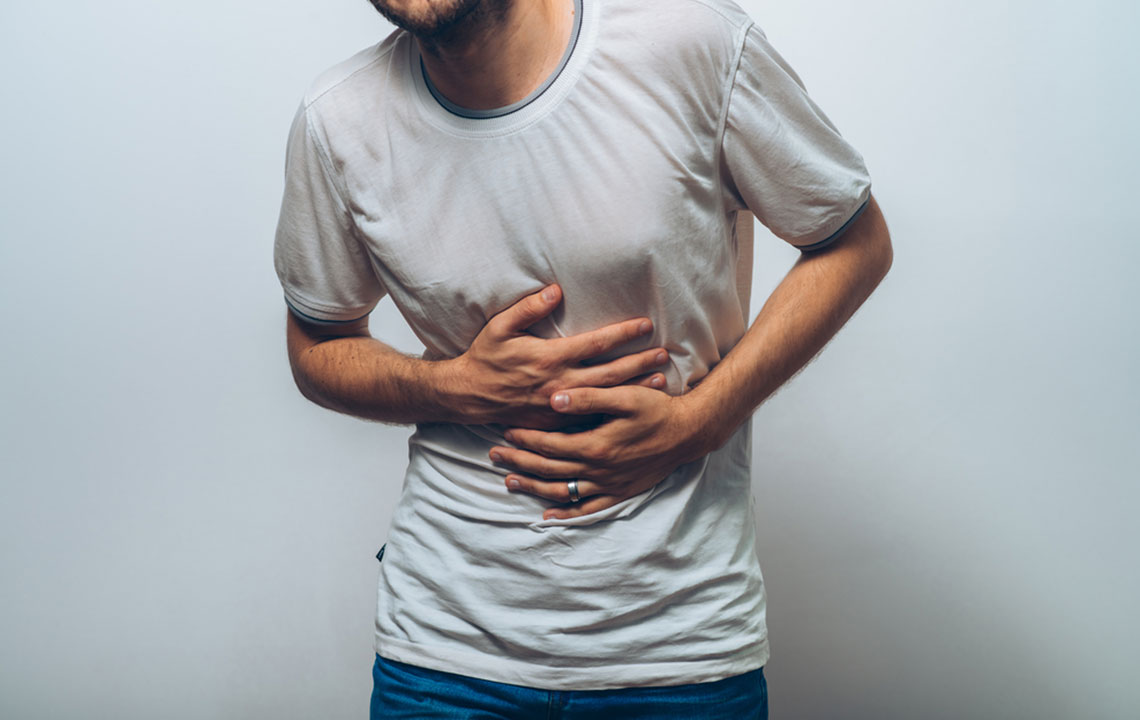Effective Strategies for Recognizing and Treating Diarrhea
Discover effective methods to identify and treat diarrhea. Learn about common causes, dietary approaches, natural remedies, and preventive tips to manage symptoms and maintain gut health. Always seek medical advice for persistent or severe cases to ensure proper care and recovery.

Diarrhea is characterized by frequent, watery bowel movements resulting from multiple causes. Most mild episodes resolve within a few days with simple dietary modifications and over-the-counter remedies, but persistent cases may require medical assessment, especially if linked to infections or chronic conditions.
Primary Causes of Diarrhea
Various factors can lead to diarrhea:
Infections: Viral illnesses like stomach flu, bacterial infections such as gastroenteritis, or parasitic infestations including intestinal worms.
Dietary issues: Consuming contaminated or spoiled food that causes food poisoning.
Medical conditions: Diseases like ulcerative colitis, celiac disease, Crohn’s disease, or IBS can result in ongoing diarrhea.
Medications: Certain drugs, including NSAIDs, may contribute to diarrhea.
Other causes include side effects from medications or underlying health issues. Consulting your healthcare provider ensures proper diagnosis, including blood and stool testing if necessary, especially in severe situations.
Standard Treatment Options
Usually, diarrhea subsides naturally within three to four days. Supportive measures with OTC medicines can ease symptoms. Antibiotics might be needed for bacterial infections, and persistent cases should be evaluated by a specialist, such as a gastroenterologist.
It’s crucial to seek medical advice for accurate diagnosis and personalized treatment. Staying hydrated with plenty of water and electrolyte solutions recommended by your doctor is essential.
Diet and Hydration Guidance During Diarrhea
Proper nutrition and hydration are vital for recovery. Prioritize drinking water and electrolyte drinks to prevent dehydration. Adopt a bland diet like the BRAT plan—bananas, rice, applesauce, and toast—which helps solidify stool and restore nutrients. Bananas provide potassium, rice calms the gut, and applesauce supplies fiber to bulk stool.
Role of Probiotics in Managing Chronic Diarrhea
Including probiotics may benefit gut health. Consult your healthcare provider before starting supplements. Foods like yogurt, kefir, sauerkraut, and miso introduce beneficial bacteria that restore gut flora balance.
Natural Remedies and Lifestyle Tips
Ginger can soothe and detoxify the digestive system. Use fresh ginger in teas or with honey.
Fenugreek seeds soaked in yogurt may help protect intestinal lining.
Traditional buttermilk can calm gastrointestinal discomfort.
Chamomile tea may reduce abdominal cramps associated with diarrhea.
Diluted apple cider vinegar exhibits antibacterial properties.
Infusions of banana and orange peels can aid digestion and electrolyte replenishment.
Raw honey offers anti-inflammatory benefits and supports intestinal healing; consume a teaspoon daily.
Preventive Steps
Practice rigorous hand hygiene—wash hands thoroughly before eating.
Wash fruits and vegetables thoroughly before consumption.
Maintain a clean kitchen environment and refrigerate leftovers promptly.
If prone to conditions like celiac disease or lactose intolerance, avoid trigger foods.
Travelers should be cautious: avoid street foods, opt for bottled water, eat thoroughly cooked meals, and avoid spicy foods if sensitive.
Diarrhea management includes home remedies and medical treatments. Recognizing underlying causes is key for persistent issues. Always consult healthcare professionals before medication use, especially for children, and follow recommended lifestyle modifications.


